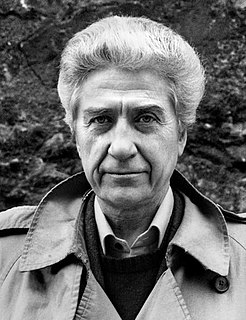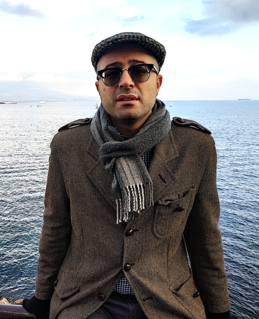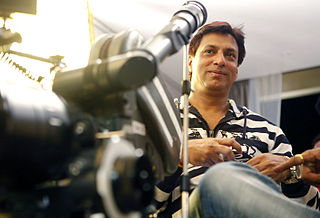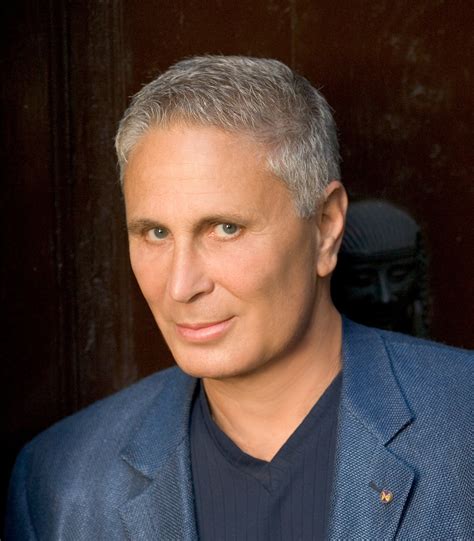A Quote by Alain Resnais
So I used formal techniques to make the film more perceptive emotionally.
Quote Topics
Related Quotes
The more stringent the rules and the more limiting they are, the more the poet and writer is forced to resort to special techniques and intricacies to escape them. And these techniques and intricacies adorn the writing and make it more beautiful. But, in the modern world, linguistic intricacies and embellishments do not attract much attention anymore, and the more sincere and intimate the relationship between a work and its reader, the better.
I am an emotional and fragile person. I observe life, I am perceptive and can read a person's body language. I have a strong journalistic streak in me, and had I not been a filmmaker, I would have become a film journalist. I have combined my perceptive and journalistic traits to create my own brand of cinema.
I make one image—though 'make' is not the right word; I let, perhaps, an image be 'made' emotionally in me and then apply to it what intellectual & critical forces I possess—let it breed another, let that image contradict the first, make, of the third image bred out of the other two together, a fourth contradictory image, and let them all, within my imposed formal limits, conflict.
I like things that are never one way. Usually, emotionally, I make the films based on a type of energy. I try to work with things that are more difficult to articulate. And so, that's more of a feeling. And so, the things that have attracted me are more of the things that are morally complicated or emotionally complicated.
I loved working with [ Lars Von Trier], but I've done two films before, so I was quite used to him.He's a man of incredible moods of course, but he's also a hugely perceptive man, and there's no getting away from that. And he's able to put that perception into something like film, so we're very lucky.





































